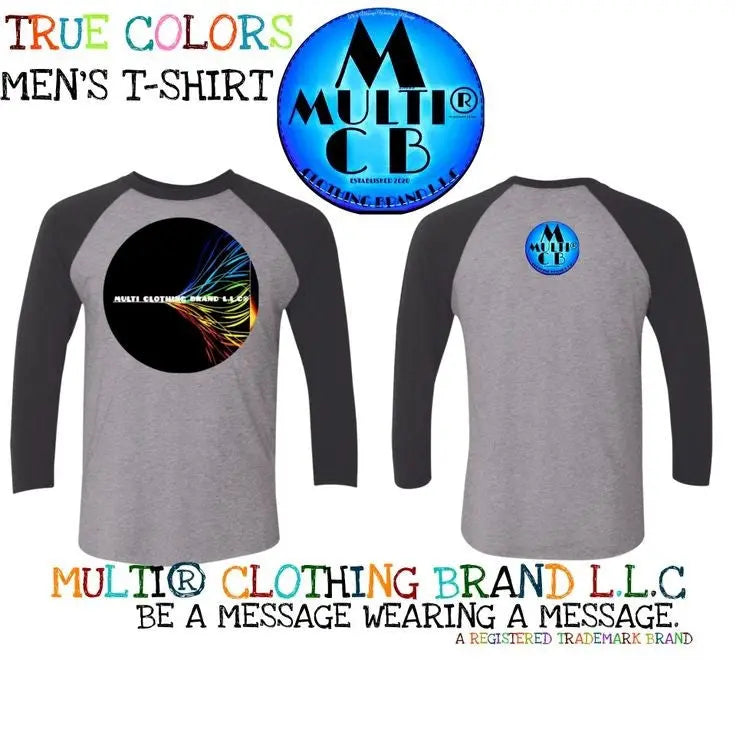Understanding Clothing Quality: Beyond the Price Tag
In a world overflowing with fast fashion, it can be tempting to prioritize quantity over quality when it comes to our wardrobes. However, investing in well-made clothing offers a myriad of benefits beyond just aesthetics. From longevity and comfort to sustainability and ethical production, understanding clothing quality is essential for making informed choices that align with your values and contribute to a more mindful approach to fashion.
Factors to Consider When Assessing Clothing Quality
While the price tag can be a quick indicator, it's not always a reliable measure of quality. Here are some crucial factors to consider when evaluating clothing:
1. Fabric Composition and Weave
- Natural Fibers: Cotton, linen, silk, and wool offer breathability, durability, and a natural feel. They tend to be more expensive but often last longer.
- Synthetic Fibers: Polyester, nylon, and acrylic are often more affordable and wrinkle-resistant, but they can lack breathability and may not age as gracefully.
- Blends: Many garments combine natural and synthetic fibers to achieve a balance of properties. Look for blends that prioritize natural fibers for a better overall experience.
- Weave: The way fibers are interwoven impacts durability, drape, and texture. Tightly woven fabrics tend to be more durable, while looser weaves offer a softer feel.
2. Construction and Seams
- Seams: Look for straight, even seams with secure stitching. Double-stitched seams and reinforced stress points indicate quality construction.
- Finishings: Neat edges, properly secured buttons, and durable zippers contribute to a garment's overall longevity.
- Lining: A well-constructed lining adds durability, comfort, and a smoother drape.
3. Fit and Cut
- Tailoring: Well-tailored garments fit smoothly and comfortably without any bunching or pulling. Consider professional alterations if necessary.
- Cut: The overall shape and silhouette of the garment should flatter your body type and be appropriate for the intended use.
4. Sustainability and Ethical Production
- Certifications: Look for certifications like Fair Trade, GOTS (Global Organic Textile Standard), and OEKO-TEX, which indicate ethical and sustainable practices.
- Brand Transparency: Research brands' policies on labor rights, environmental impact, and ethical sourcing.
The Benefits of Investing in Quality Clothing
Choosing high-quality garments offers a range of advantages:
- Longevity: Well-made clothes are designed to withstand wear and tear, lasting for years.
- Comfort: High-quality fabrics and construction offer a superior feel and comfort throughout the day.
- Style: Quality garments tend to have timeless designs that stay in style longer than fleeting trends.
- Sustainability: Investing in durable clothing reduces the need for frequent replacements, minimizing textile waste.
- Ethical Production: Supporting brands committed to ethical practices promotes fair wages and safe working conditions for garment workers.
Making Informed Choices
While it's tempting to chase the latest trends, prioritize quality over quantity when building your wardrobe. Consider the factors discussed above, research brands, and choose pieces that will stand the test of time and contribute to a more sustainable and ethical fashion industry.
Remember, quality clothing is an investment in your well-being, style, and the future of fashion.





